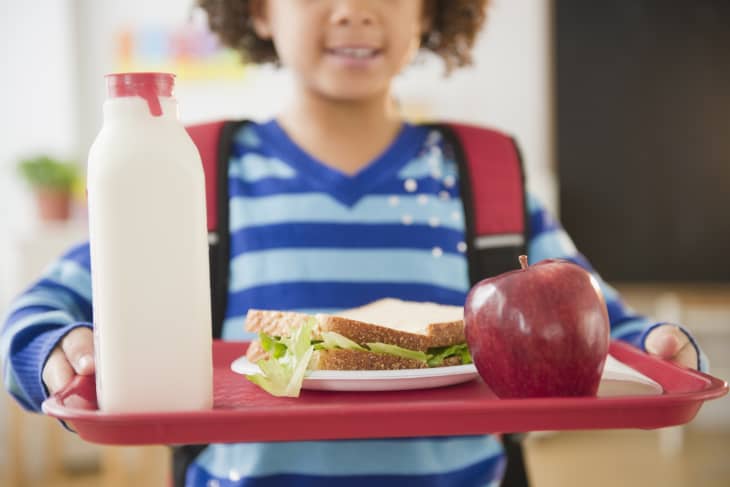How Some School Lunch Programs Continue to Feed Kids During Coronavirus Closures
As schools around the United States shutter in attempts to slow the spread of the novel coronavirus, the safety nets built into our school systems, too, disappear. Chief among them is the hot lunch that many students depend on and receive for free, at a discount, or even at everyday affordable prices.
More than 30 million children around the country receive a low-cost or free lunch at school each day at 100,000 public and non-profit schools. Now, reports Food & Wine, the USDA and individual districts around the country are looking for ways to continue feeding the children in their community safely while schools are not in session despite the programs sometimes being legally prohibited from doing so.
According to Civil Eats, after initially approving waivers for Washington, California, and Alaska, the USDA has now offered to make waivers available to all states, allowing them to serve free meals to low-income children despite the closures. But it wasn’t as easy as opening the cafeteria doors.
Because one of the best ways to slow the pandemic involves social distancing — avoiding groups and staying at least six feet from other people — it comes at direct odds with what the law requires for the free lunch programs outside of school days, which require them to be served in a group setting. Thankfully, the USDA has waived that, as well, and now districts are looking for ways to get the food to kids.
According to Food & Wine, Tacoma, south of Seattle, is offering “drive-thru” style lunch, along with the next day’s breakfast, over the course of two hours each day. North of Seattle, another district is employing the now out-of-use school buses and their drivers to deliver the meals to pick-up sites, and in some cases to homes. In a recent recorded discussion, U.S. Secretary of Agriculture Sonny Perdue said, “If schools are closed, we are going to do our very best to make sure kids are fed.” Now, it is a matter of making that happen.
